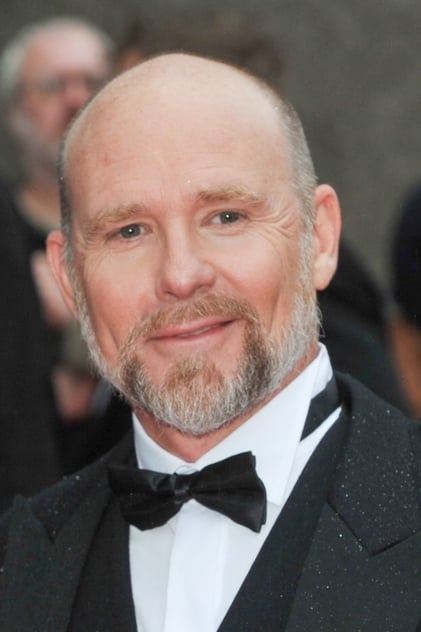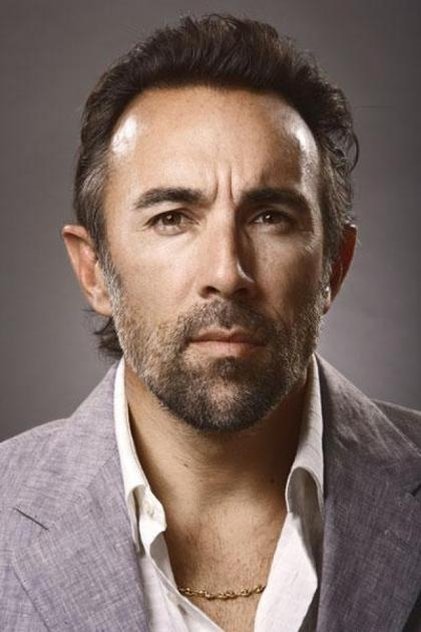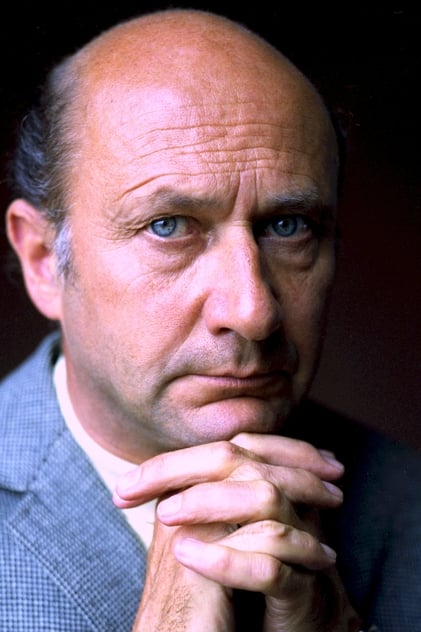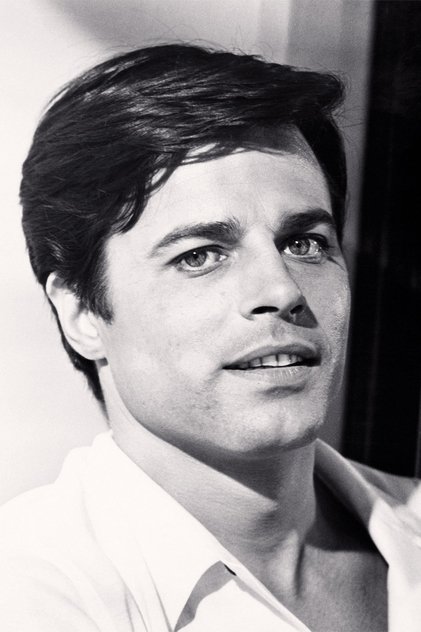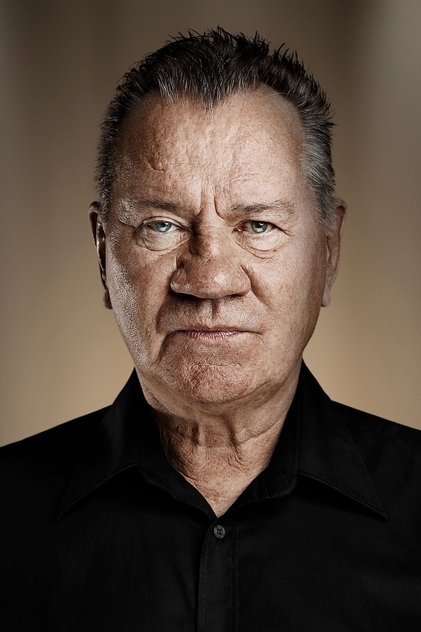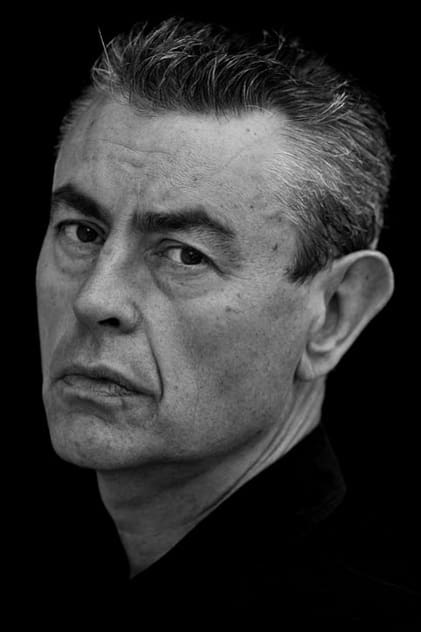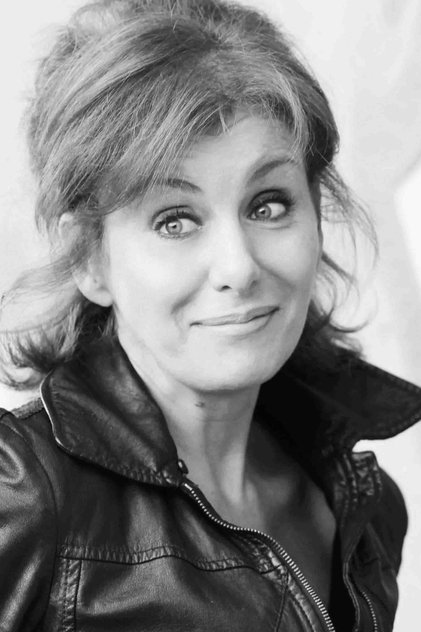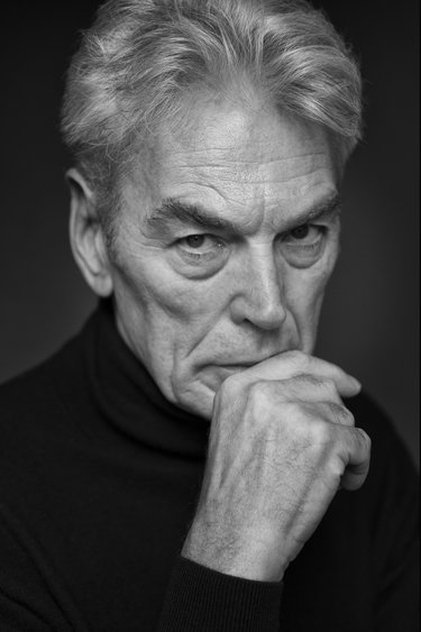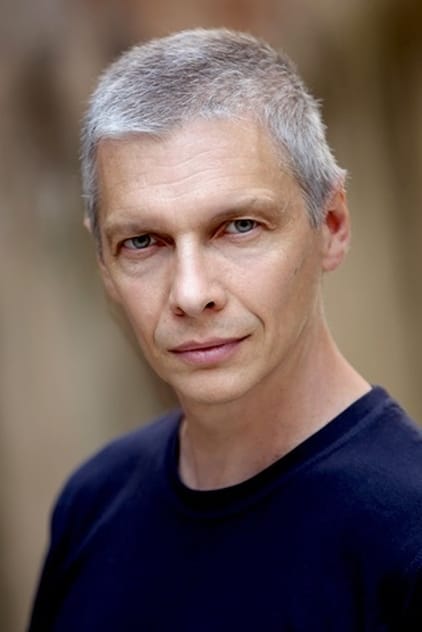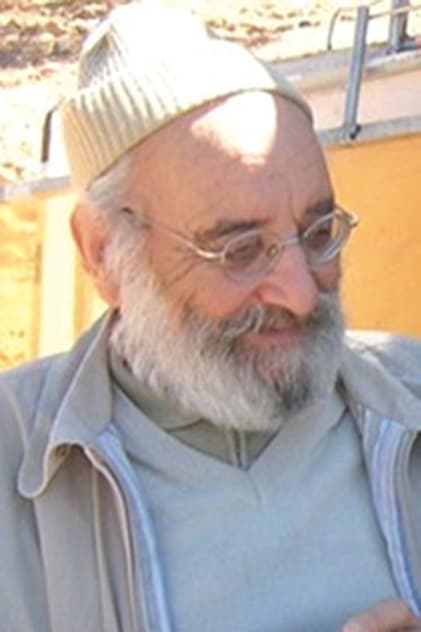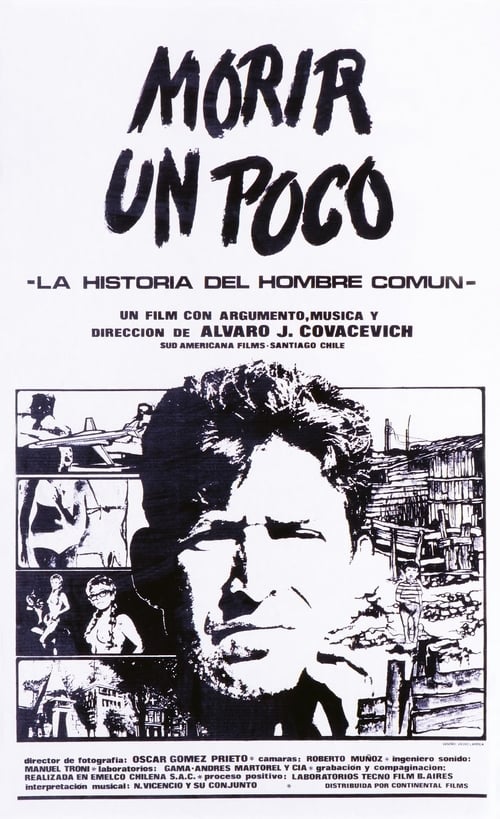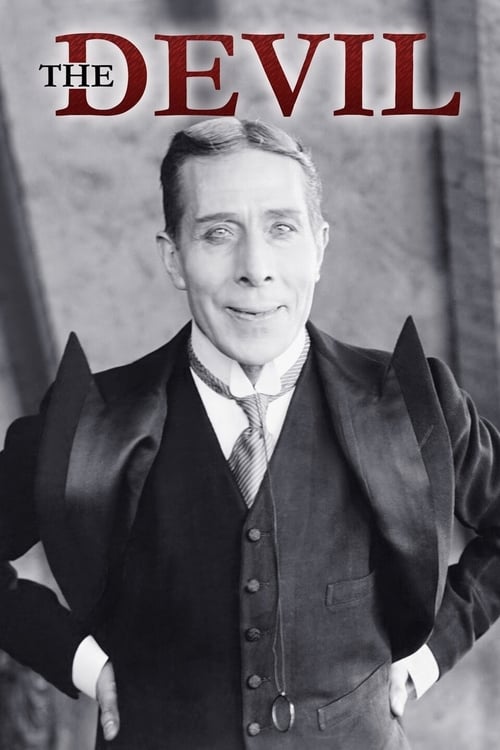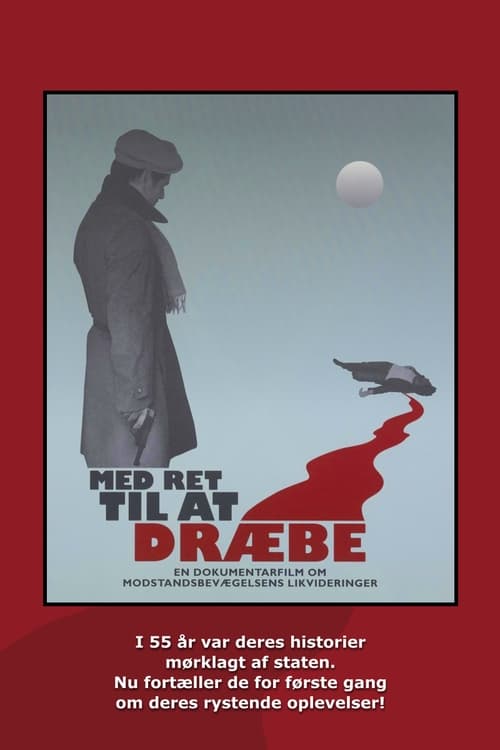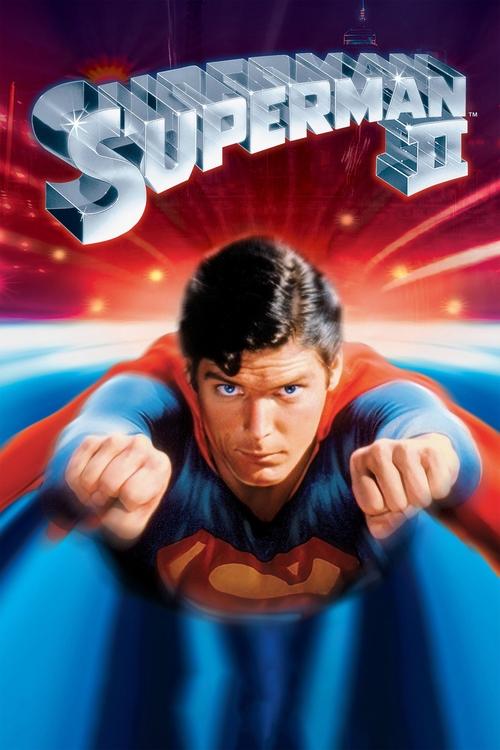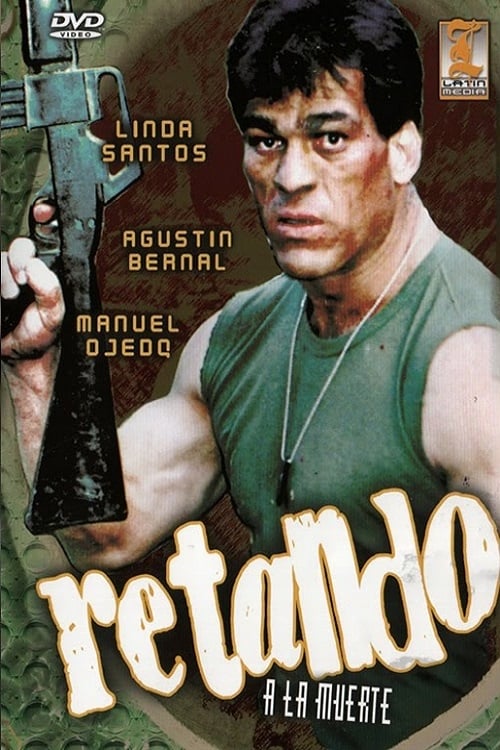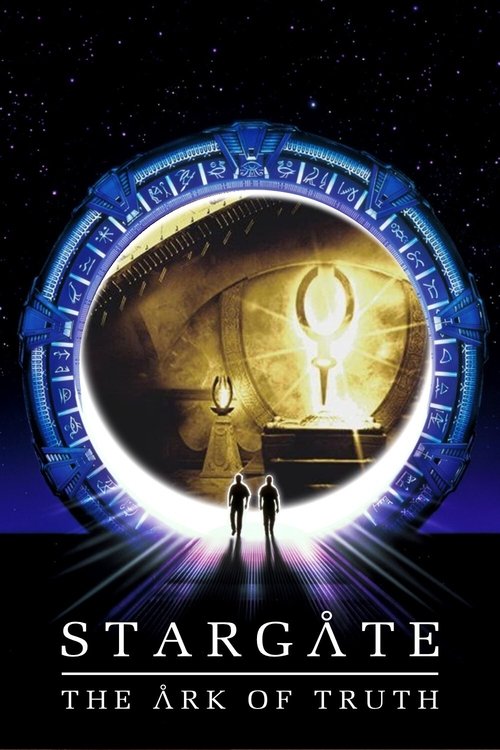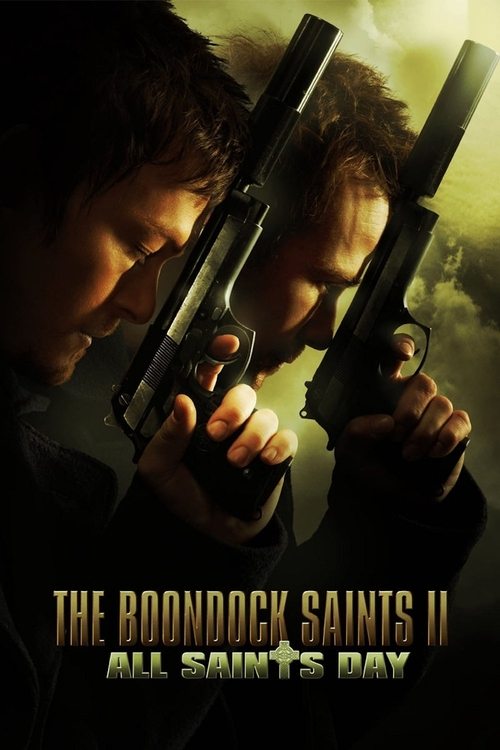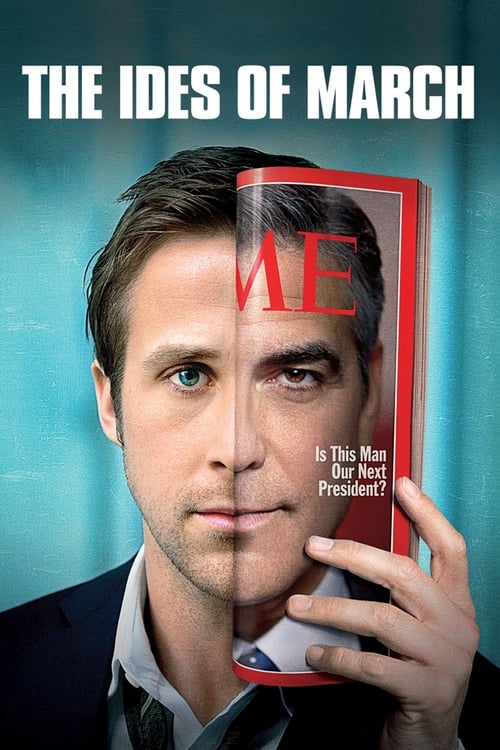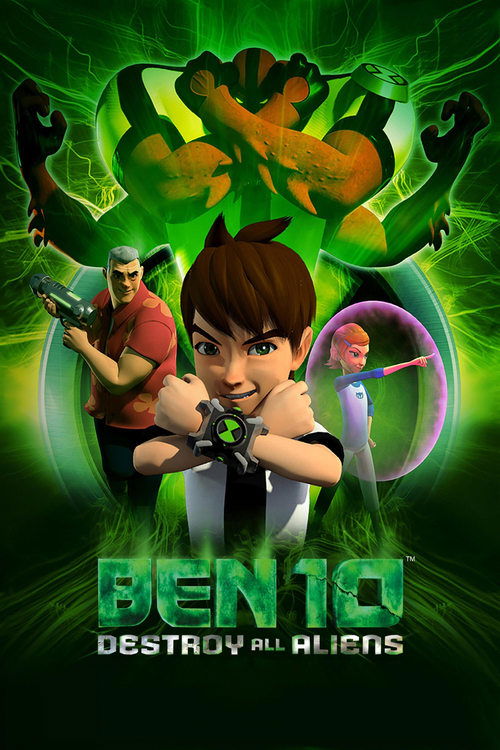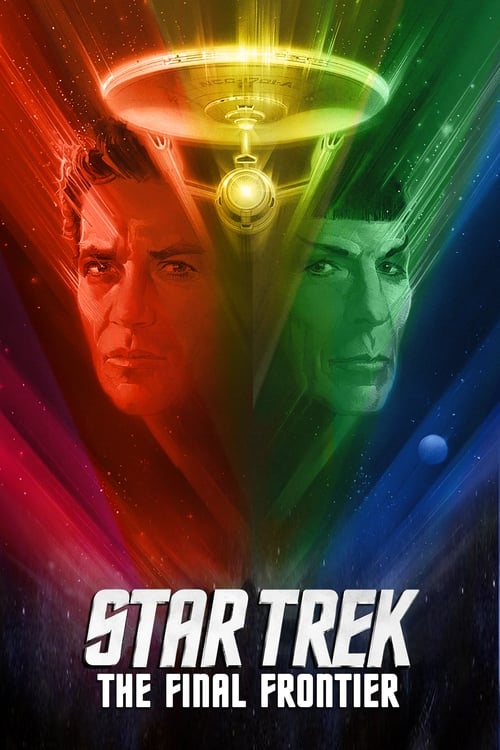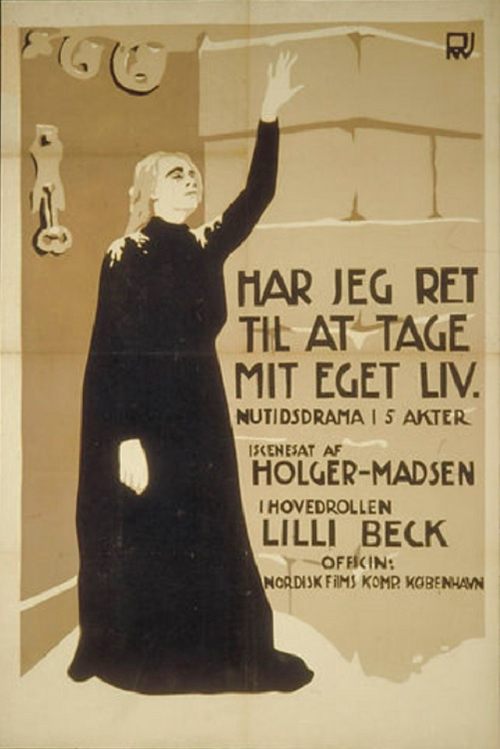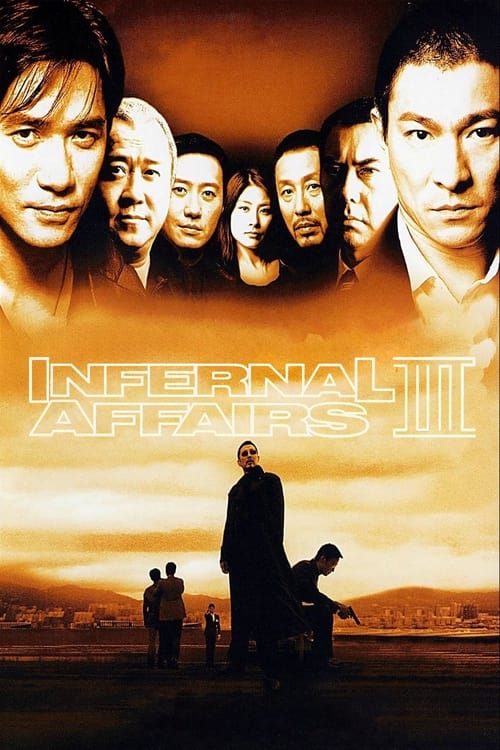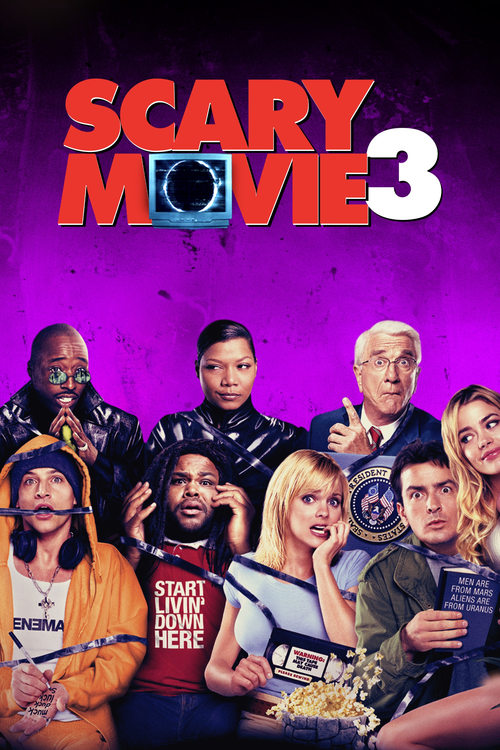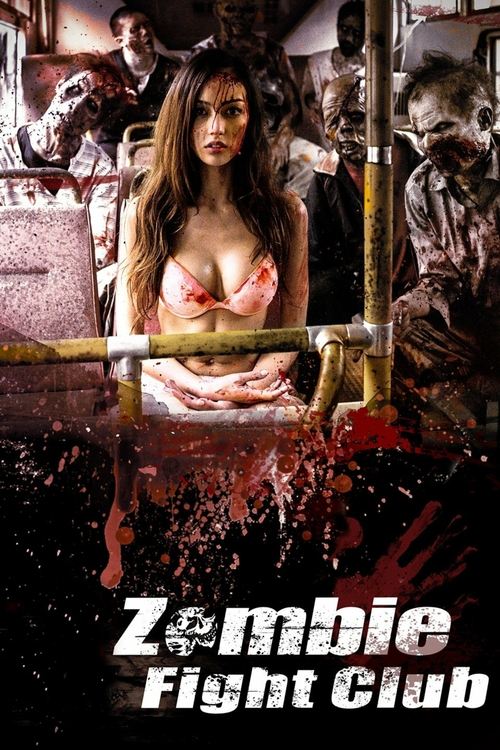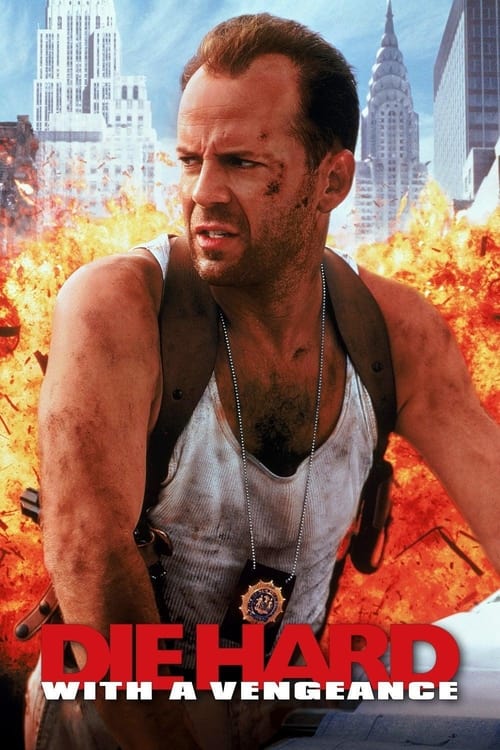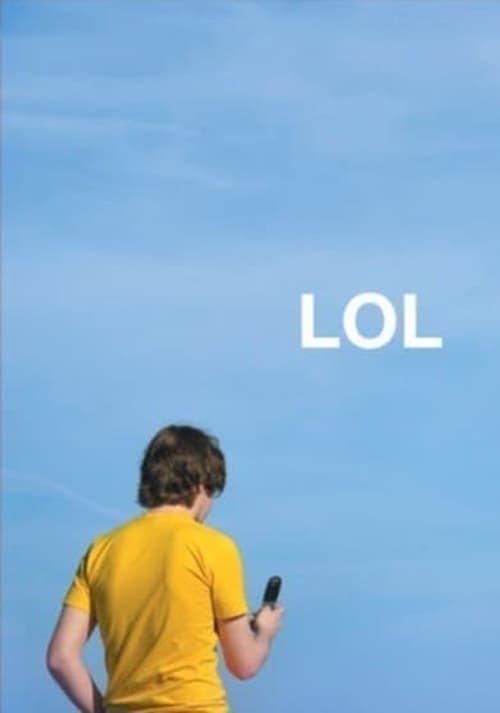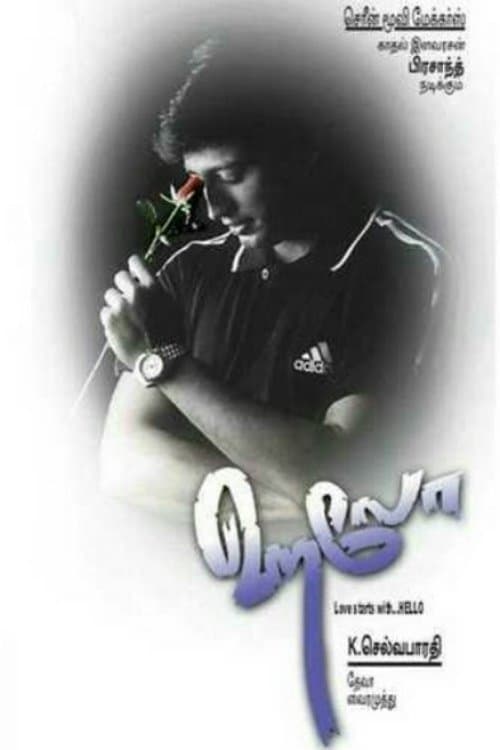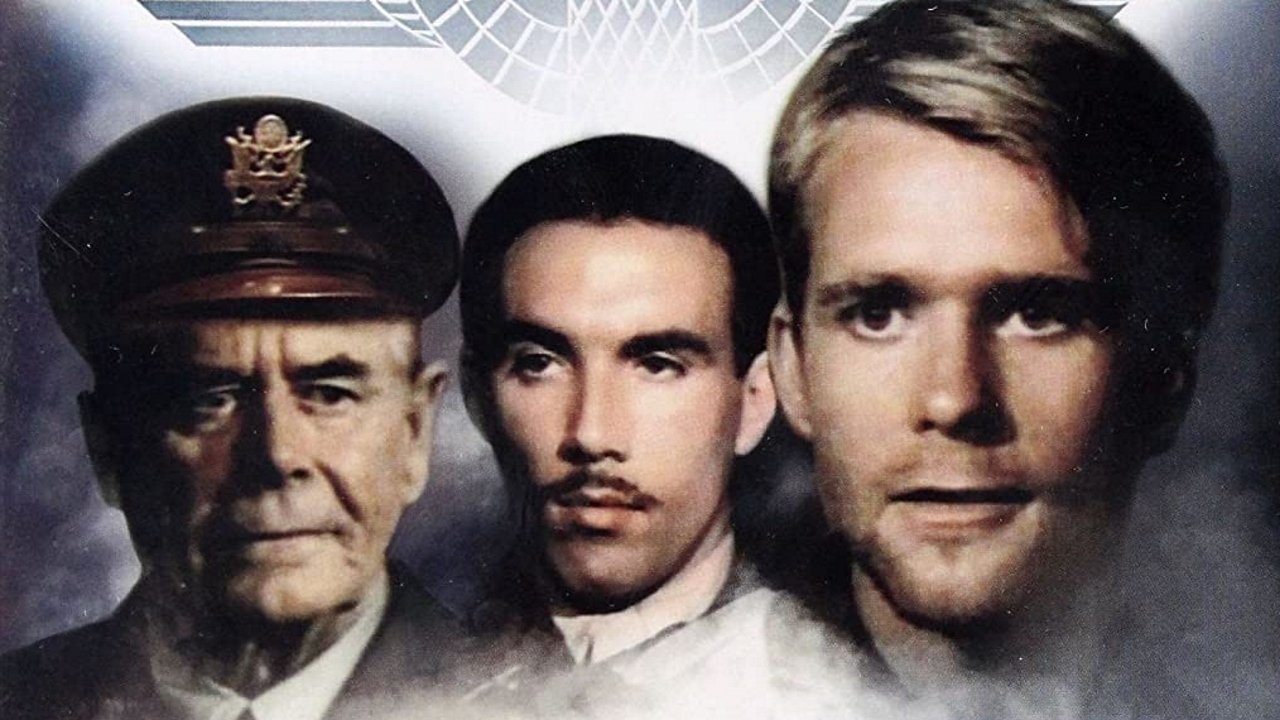
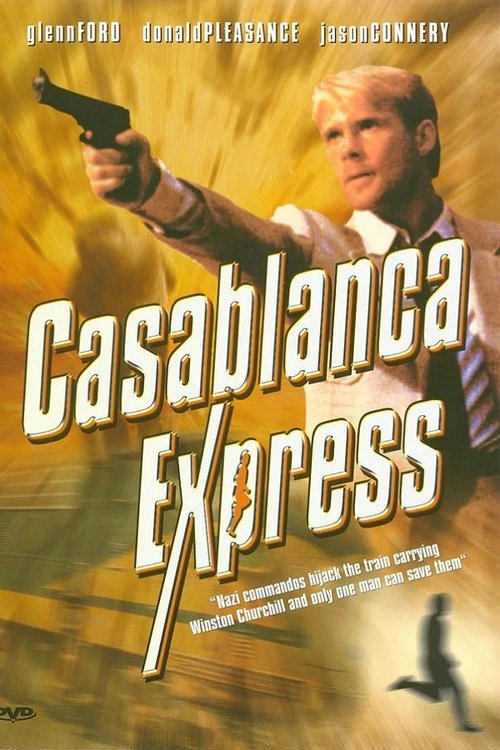
1989
·90m
Casablanca Express
Summary
It is 1942 and the conflict between the U.S. and Germany is getting heated, U.S. Intelligence soon discovers that the Natzis are planning to capture Winston Churchill. In order to protect him they send commando Al Cooper to guard Churchill who is going by train to Casablanca where he will meet with Roosevelt and Stalin.
Reviews
CyrusPK
August 14, 2018
Star power is perhaps less important in movies today than it was in decades past. Films are more often sold on a concept rather than a name and it is far less common for a star to have the ability to ‘open’ a film on their name power alone. The casting for Casablanca Express, a World War II set tale shot in Morocco and Italy demonstrates two types of name casting of the period.
The first is the use of actors who had substantial careers but were perhaps past the point of being headliners themselves anymore. Glenn Ford at the age of 73 and Donald Pleasance at 70 are given substantial supporting roles that rely on their presence and the ability for their names to be used in print and related advertising. Ford had given very few acting performances in the previous decade, whilst Pleasance had been hugely busy in a large range of low budget features. The older audience would be familiar with the actors’ work and be happy perhaps to see them again in a feature. The second form of name recognition used is to cast the offspring of known actors, in this case the sons of Sean Connery and Anthony Quinn, relying perhaps on curiosity value from the audience about whether they would be equivalent level stars to their parents. In this case neither has a great deal of charisma but their evident willingness to engage in complex stunt work un-doubled for the most part is impressive. The complex action sequences atop and around trains go a long way to adding to the conviction of the film.
The plot is fairly perfunctory though with a non-cheat twist ending and the remote locations through which the train of the title travels are fairly evocative. Dialogue is at time unintentionally hilarious and extensive post-production dubbing appears to have occurred.
I enjoyed my first viewing of Casablanca Express but did not feel it had sufficient depth or other items of interest that would support a repeat viewing.
Media
Status:
Released
Original Language:
English
Budget:
$0.00
Revenue:
$0.00
